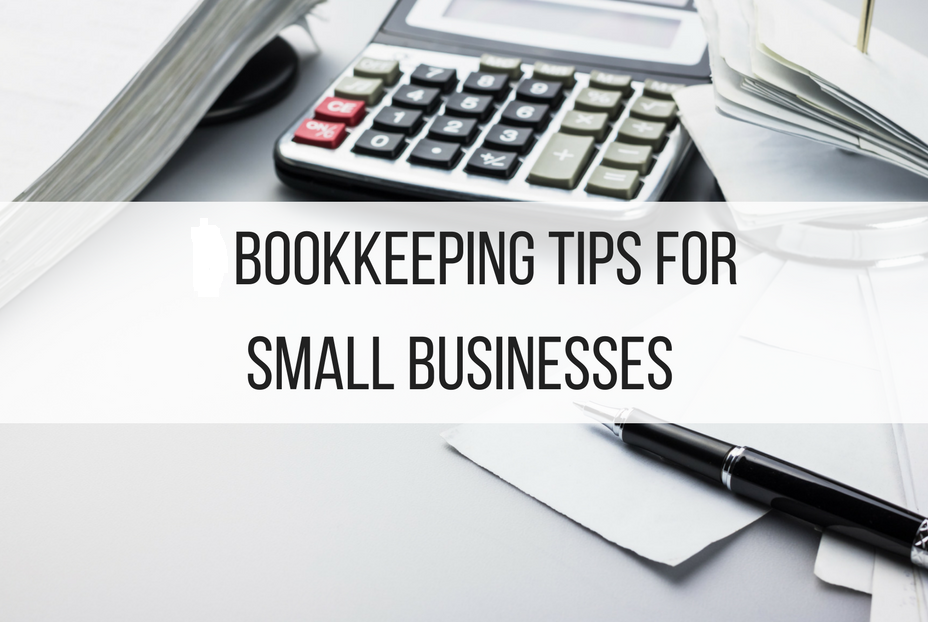If you are not fond of numbers or working in Accounting, chances are you are hardly a fan of bookkeeping, either. Adopting some best practices and habits as early as possible, however, is key to steering clear of costly errors when it comes to keeping track of your financial records.
Why You Need to Record Your Process
If you are a small business owner, it is very likely that most of your financial dealings take place in your head, rather than on a piece of paper or a program on your office computer. You are very good at remembering which suppliers are still waiting for your payment, or the customers that need to be covered. You do not require special software skills or rely on your internet connection and system stability to ensure the smooth running of your business affairs.
This also has its disadvantages as well. When your process is not set in stone, surprises are bound to happen, you tend to forget about important paperwork, and targets might be easily missed. If you want to ensure a steady profit, avoid the seasonal ups and downs, have clear visibility of your long-term goals, and stay out of trouble with revenue agencies, then you need to handle your money better. Here are some tips to help you navigate your small business in a neater way.
Plan Your Expenses
Plan, plan, plan. Planning is at the heart of proper bookkeeping. And planning does not only apply to this week’s expenses. You need to have a spending strategy for at least a year ahead, or maybe even a few. What is going to bite off a huge chunk of your resources in the observable future? A facility upgrade? Office equipment that is screaming “Replace me!”, or new machinery and personnel, required for a smooth work process?
Analyze your ability to spend money on each of these things during different periods of time over the year. Prioritize. See which expense should come first, and which one can wait. Make sure you don’t find yourself short on cash during slow months.
Keep Track of Your Money
Expenses can be really difficult to trace, unless you take the time to put down each occasion when that happens. If you need an incentive, just think of all the tax write-offs you are probably missing out on by not tracking where your money goes.
If you want a clear history of company expenditures, a business credit card would do the trick and keep the history in one place, especially if you make sure you make your payments on time. (You can read more about bookkeeping types here.) Keeping track of business coffee meetings, lunches and events with customers would also come in handy, since you will have all the records of this kind of expenses in your tax statements, should you be audited.
Your Deposits Have Origin Too
Whether it’s a notebook in your back pocket, or some fancy software on your office computer, you need to be able to track down all the deposits in your business bank account.
Why? Because you don’t want to pay tax on that loan you got to cover your expenses off season, or the money that left your personal savings account in order to upgrade your company software. Make sure you can prove the origin of all your transaction history, so that you don’t part with money that didn’t come from profit.
You Need to Be Prepared for Taxes
You are all too familiar with how much and when you need to pay in taxes. Setting aside money every now and again will make a lot of difference when the time comes to do so.
You will not only avoid excessive stress and penalties for late tax payment, if you don’t have to set aside a huge chunk of money all at once, this can make the process a lot less painful.
Take Care of Your Invoices
Deal with invoices promptly and efficiently. If you fail to pay on time or skip an invoice entirely, this is going to hurt your revenue. If you are short of time to track your bills, hire somebody to do it for you.
If an invoice remains unpaid, set up a process to deal with the situation. Make a phone call or propose prolonged deadlines compensated by extra fees. Set up payment notifiation in cases where you need to cover an invoice every couple of months. Remember that all penalties, stemming from late payments, mean you have to let more cash go out, instead of in.
